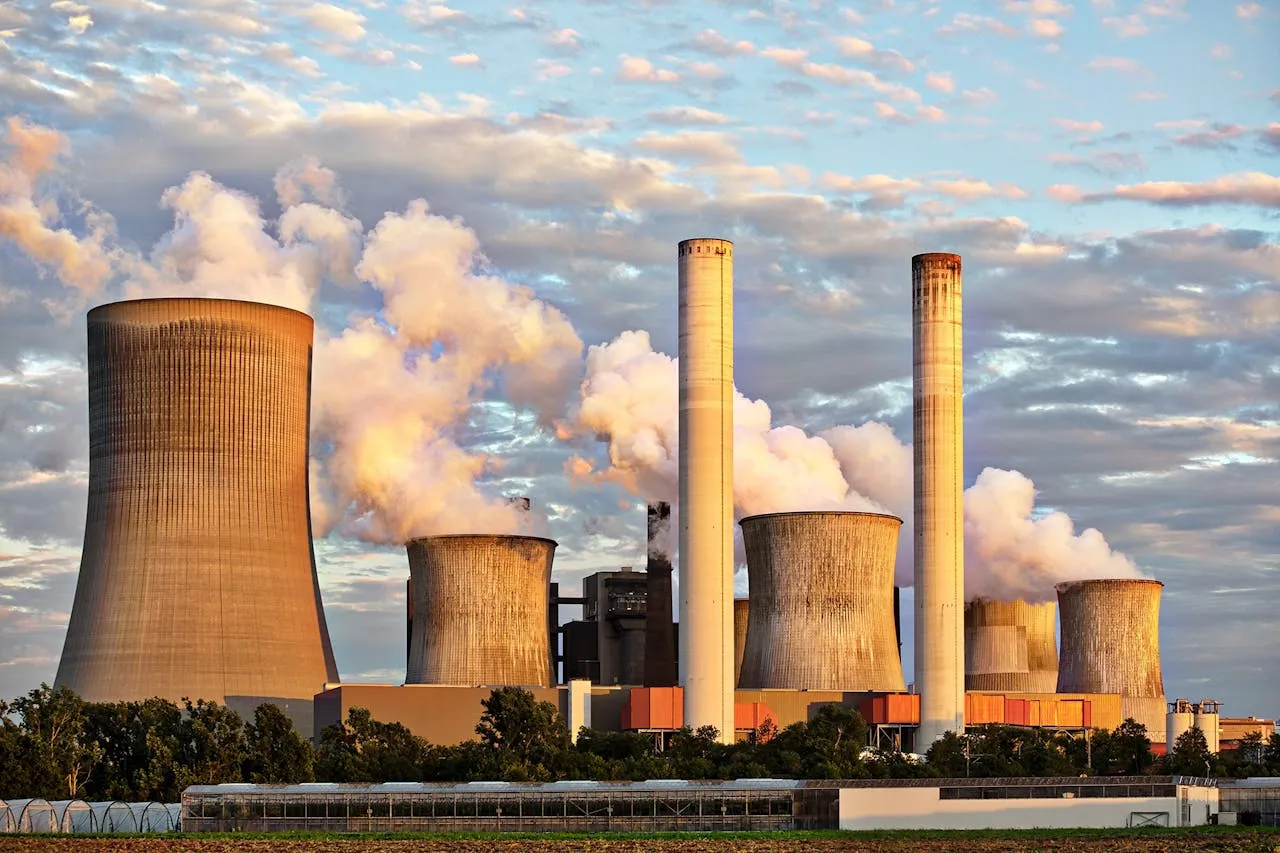As the global demand for clean and reliable energy sources continues to rise, geothermal energy is emerging as a promising solution to meet these needs sustainably. Geothermal energy, derived from the heat stored beneath the Earth's surface, offers a consistent and renewable power source that can contribute significantly to reducing greenhouse gas emissions and enhancing energy security. This article explores the potential of geothermal energy, its advantages, and the innovations driving its development.
Geothermal energy is generated by tapping into the heat that originates from the Earth's core and is conducted through the crust. This heat can be accessed through various methods, including geothermal power plants, direct use applications, and geothermal heat pumps. The primary source of geothermal heat is the natural decay of radioactive elements within the Earth's interior, which continuously replenishes the Earth's thermal energy.
One of the most significant advantages of geothermal energy is its reliability and consistency. Unlike solar and wind power, which are intermittent and depend on weather conditions, geothermal energy provides a stable and continuous power supply. Geothermal power plants can operate 24/7, regardless of external weather conditions, making them an excellent complement to other renewable energy sources and contributing to a stable energy grid.
Geothermal power plants utilize steam or hot water from geothermal reservoirs to drive turbines that generate electricity. There are several types of geothermal power plants, including dry steam, flash steam, and binary cycle plants. Each type is suited to different geothermal conditions, and advancements in technology are expanding the range of geothermal resources that can be utilized. For instance, enhanced geothermal systems (EGS) are being developed to tap into geothermal resources that were previously considered non-viable, thereby increasing the potential for geothermal energy generation.
In addition to electricity generation, geothermal energy has numerous direct use applications. These include heating buildings, growing plants in greenhouses, drying crops, and providing hot water for industrial processes. Direct use applications are especially prevalent in regions with accessible geothermal resources, such as Iceland, where geothermal energy accounts for a significant portion of the country's heating and electricity needs. By utilizing geothermal heat directly, these applications can provide efficient and cost-effective solutions for various energy demands.
Geothermal heat pumps are another innovative use of geothermal energy. These systems leverage the relatively constant temperature of the Earth's shallow subsurface to provide heating and cooling for residential and commercial buildings. Geothermal heat pumps are highly efficient, offering a reduction in energy consumption and associated costs compared to traditional heating and cooling systems. They also have a low environmental impact, making them an attractive option for sustainable building practices.
Despite its many benefits, geothermal energy faces some challenges. The initial costs of developing geothermal resources and infrastructure can be high, and geothermal sites are often geographically limited to regions with significant geothermal activity. Additionally, while geothermal energy is considered environmentally friendly, it can still have localized impacts, such as land subsidence and the release of trace gases.
Ongoing research and technological advancements are addressing these challenges and expanding the potential of geothermal energy. Innovations in drilling techniques, resource assessment, and reservoir management are making it possible to exploit geothermal resources more efficiently and economically. Furthermore, increased investment and supportive policies are crucial for accelerating the adoption of geothermal energy and integrating it into the global energy mix.
In conclusion, geothermal energy represents a sustainable and reliable solution to meet the world's growing energy demands. Its consistent power generation, diverse applications, and low environmental impact make it a valuable component of a clean energy future. As technology continues to advance and investment in geothermal projects increases, geothermal energy has the potential to play a pivotal role in achieving global energy sustainability and reducing reliance on fossil fuels.





















